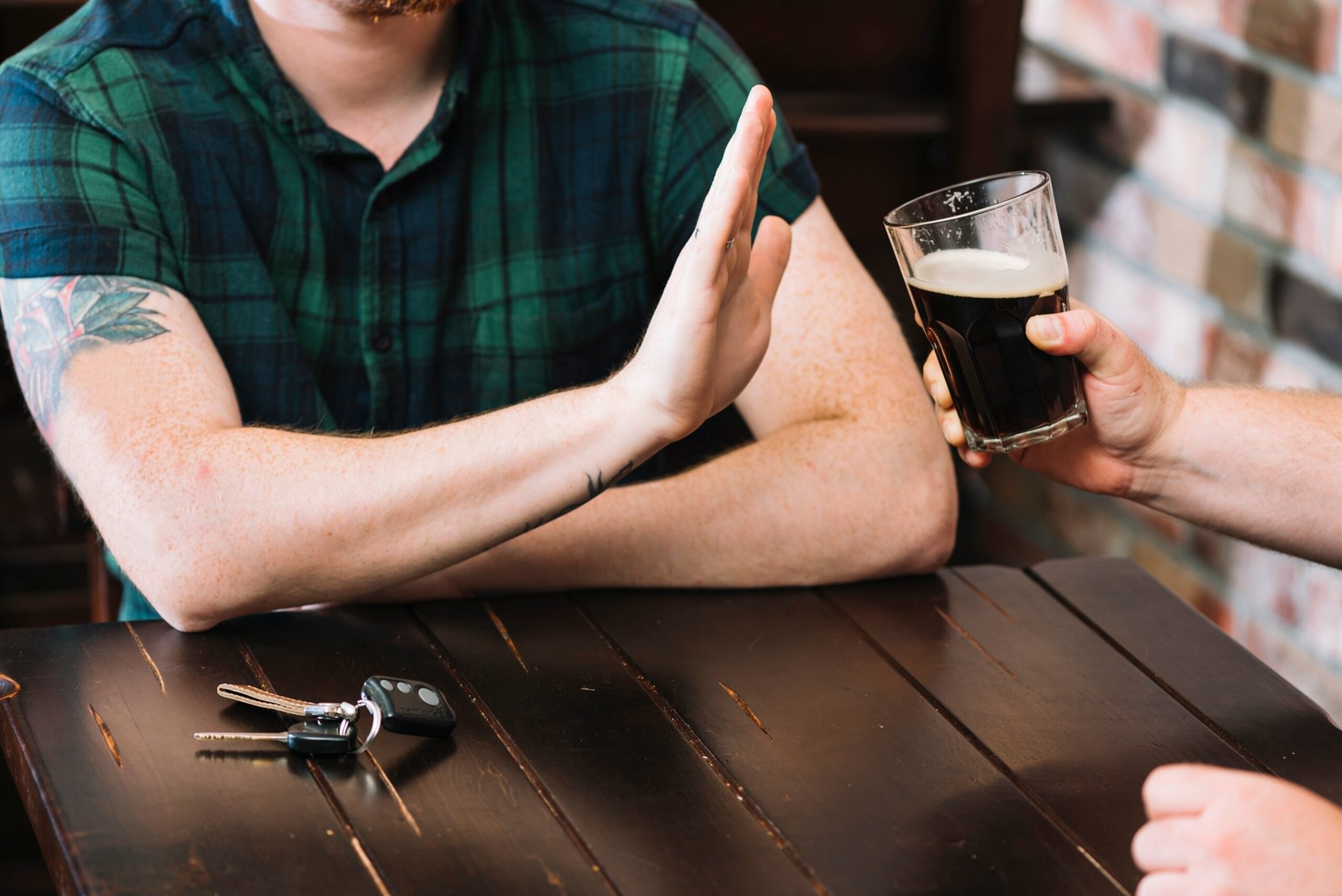The holiday season is when joy, togetherness, and celebration fill the air as families come together to create lasting memories. However, for those in recovery from substance use disorder, the holiday season can also bring unique challenges. Amid the cheer, triggers and emotional stressors can make it difficult to stay grounded in sobriety. But with the right mindset and plan, it’s possible to embrace the season through sober holiday celebration ideas and find new ways to enjoy the festivities without relapsing.
Understanding the Challenges of the Holiday Season
Family gatherings, social events, and a culture of indulgence often center around alcohol and substances, making it harder for those in recovery to continue their sobriety. Nostalgia, unresolved family dynamics, or feelings of loneliness can further heighten emotional triggers. Additionally, the pressure to conform to festive traditions or cope with family during the holidays may cause stress, leading to cravings. Understanding these challenges is the first step in addressing them effectively and enjoying a sober holiday.
Recognizing Triggers
November through January can be a time of joy and stress, and recognizing the triggers that could affect your recovery is essential. By identifying these potential stressors, you can develop strategies for maintaining sobriety for Thanksgiving, Christmas and New Year’s. Here are some common holiday triggers to be mindful of:
- Unfamiliar environments where alcohol or substances are easily accessible.
- Family conflicts or unresolved issues resurfacing during gatherings.
- Overwhelming financial or social pressures tied to holiday expectations.
- Feelings of loneliness or a lack of any sober support during holidays.
- Seasonal changes trigger mental health struggles like Seasonal Affective Disorder (SAD).
- Triggering memories of past holidays spent in active substance misuse.
- Disruptions to your regular recovery routine, such as missing meetings or self-care practices for recovery due to holiday activities.
Tips to Stay Sober During Festive Events
These holiday sobriety tips will help you safeguard your recovery while still enjoying the festivities:
- Set Boundaries and Plan Ahead
Be prepared in advance by deciding how much time you’ll stay at events, and don’t hesitate to leave early if necessary. Inform close friends or family about your needs so they can support your boundaries. For any event, have responses ready for any triggering questions that people might ask you. By preparing in advance, you’ll be better equipped to handle any situation that arises.
- Avoid Certain Places, People, or Events
If you know that a particular environment or person could jeopardize your sobriety, it’s okay to decline invitations. Instead, prioritize spending time with people who respect your holiday triggers in the recovery journey and create a safe, alcohol or drug-free atmosphere.
- Maintain Your Daily Routine
Consistency can provide a sense of stability during chaotic holiday schedules. Stick to your usual practices, such as attending meetings, exercising, or journaling and practice mindfulness in recovery. A stable routine helps reinforce your commitment to sobriety.
- Have an Exit Strategy
Always have a plan for leaving uncomfortable situations. Drive yourself to events or arrange alternative transportation to go when needed. Practice excuses or polite ways to exit gracefully, such as saying you have an early morning or another commitment.
- Create New Traditions
Break away from substance-centered celebrations by creating sober holiday traditions. Host a potluck, organize a game night, attend a local meeting or volunteer at a local shelter. These new traditions can help you reclaim the holiday spirit meaningfully.
What to Do If You Face a Slip or Relapse
The immense holiday stress during recovery, especially in the initial stages, might lead some to relapse, but it doesn’t erase your progress or define your future. If you slip, remember it’s an opportunity to learn and grow. Acknowledge what happened and identify the triggers that led to it; use the experience to refine your relapse prevention strategies. When extra support is needed, contact your sponsor, therapist, or a trusted friend who understands your journey. Recovery from substance use disorders during holidays—and any time of year—is a difficult process. Setbacks are not failures—they remind you of your resilience and commitment to a better life.
The holidays are an opportunity to celebrate your progress and create new, meaningful traditions. With this holiday party survival guide, you can prepare for challenges, stay connected to your recovery goals, and confidently have a sober Christmas and New Year’s Eve. Remember, every day of sobriety is a victory worth celebrating.





